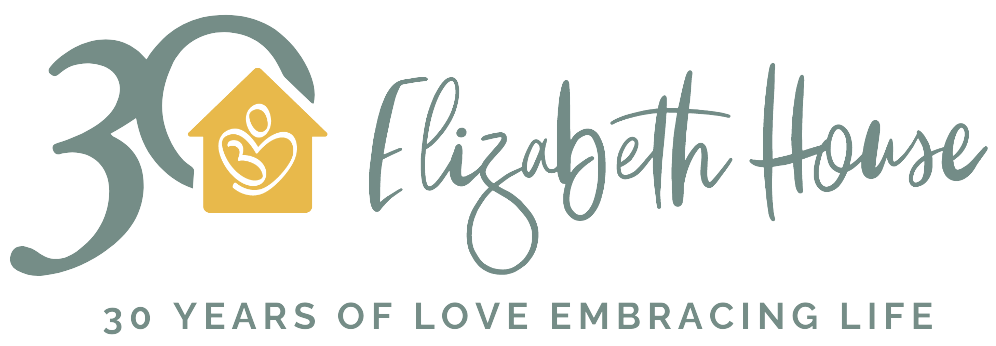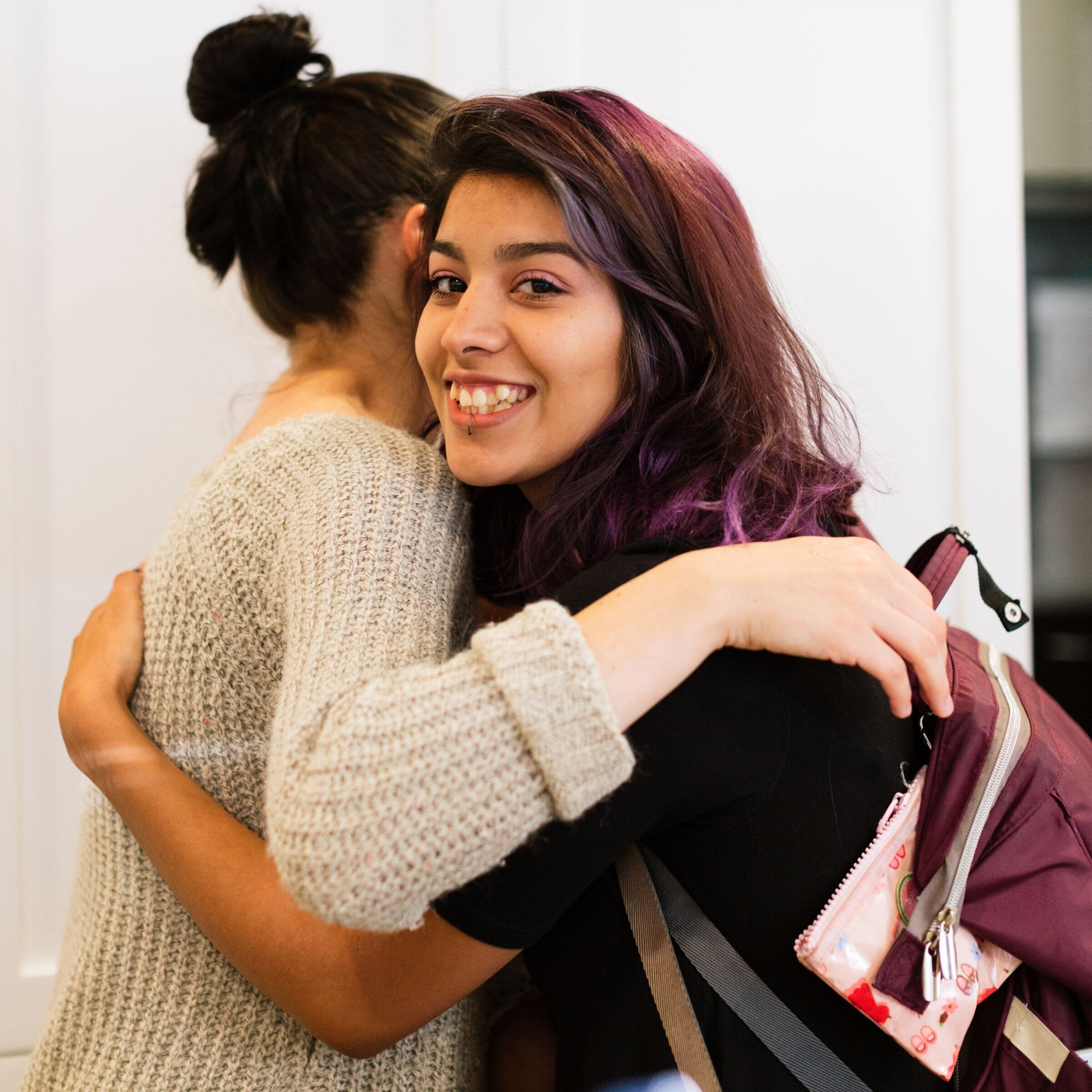Not So Safe-at-Home: Facts & How to Help
WRITTEN BY DANNIELLE CARR, DIRECTOR OF COMMUNICATIONS
Safer-at-Home—an order with good intentions but an impossible outcome for women and children whose homes are places of unrest, physical and sexual violence, emotional abuse and neglect. According to a recent study published in the Journal of Criminal Justice on the effects of social distancing on crime in Los Angeles and Indianapolis, both cities have seen a significant increase in domestic violence (DV) calls to the police during the pandemic. The study also observes that the stressors of daily life during the pandemic adversely affect a family’s ability to cope and make it harder for victims and partners to separate.
What exactly are these stressors, though, that make domestic violence, intimate partner violence (IPV) and child sexual abuse so much more prevalent during the pandemic? Based on the experiences of some of the women and children of Elizabeth House who have been victims of this kind of abuse and violence, it is apparent that the same factors that perpetuate DV/IPV in every day circumstances are exacerbated in times of crisis. An article in Psychology Today outlines isolation, stress (for example, the kind of “unknown” that is particular to a pandemic), economic anxiety and joblessness, alcohol and a lack of resources as top issues in the lives of women and children at risk of DV/IVP. In addition to the increase in reports of domestic violence because of these circumstances, victims are also possibly faced with an increase in the severity of abuse.
With Covid-19 cases on the rise in Los Angeles County and the nation, a renewed safer-at-home order is an impending reality. The slowed re-opening of the economy and the continued necessity for social distancing causes delays in victim access to important resources like legal remedies in the courts and make it harder to reach out for help. DV and other shelter programs like Elizabeth House that serve women and children will have continued delays in taking in new clients who need to be tested before entering the program. Then there are testing delays…
All this information sounds very grim. So, how you can help? If safe for you to do so, check on your neighbors who you may be concerned about during this time. Wear a mask and offer to help with grocery pickup and/or delivery. If you suspect something is awry, or overhear violent interactions, call 911. If you are in a position to talk to a victim, help them come up with a plan to leave (without being pushy—like their abuser). Giving reassurance that they are not alone and that you believe them is also helpful
If you are in need of help:
Many websites dedicated to specifically helping DV/IPV victims have an “Escape” button that you can click if you need to exit the site quickly.
If you call a hotline like the Los Angeles County Domestic Violence Hotline (1-800-978-3600), the National Domestic Violence Hotline (1-800-799-7233) or the National Sexual Assault Hotline (1-800-656-4673) feel free to pretend you’re calling someone else until safe to give them information. Many women have had to do this.
Text LOVEIS to 1-866-331-9474.
The Department of Public and Social Services says that if you are a victim of domestic violence and you are not a citizen (undocumented or have a temporary legal status) but have children, you may be eligible to apply for immigration status for yourself and children confidentially under the Violence Against Women Act (VAWA). Talk to an attorney to determine what rights and services apply to your situation.
The mission of Elizabeth House is to empower pregnant and parenting women in need to reclaim their lives and build successful family legacies. To do this we provide shelter and life-long wrap around care which includes therapy, education, case management and resource support. If you know of a mother in need, please refer her to our new Center for Mother and Child Wellbeing at 626-577-4434.

